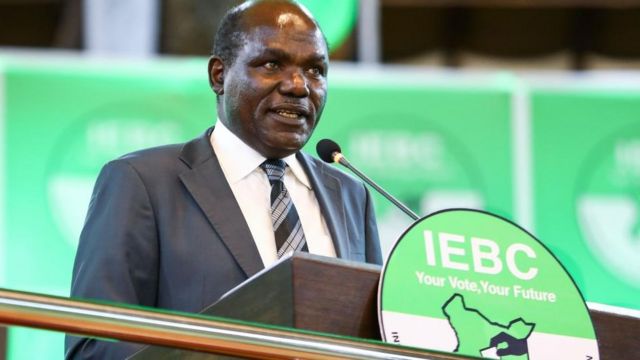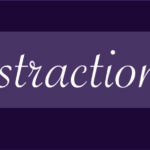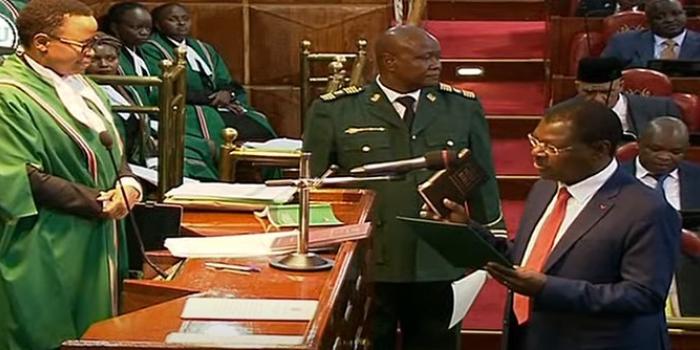Most people, especially those who voted in the recent elections, were on the edge of their seats in front of the TV screen immediately after the results began streaming in.
Anxiety levels among voters were at an all-time high as the figures kept changing and candidates oscillate between losing and regaining the lead.
A report on a survey by the American Psychiatric Association (APA) showed that 52 per cent of Americans said an election “is a very or somewhat significant” source of stress in their lives.
The situation could continue well beyond the electioneering period and affect other aspects of people’s lives.
Anxiety is a usual reaction to stress and can be useful in some situations.
It can serve as an alert to danger and helps in preparation for situations and paying attention. Anxiety disorders differ from normal feelings of nervousness or anxiousness and involve excessive fear or unease.
They are the commonest of mental illnesses and, according to the APA, affect 30 per cent of adults at some point.
Seeing that anxiety disorder is a mental health disease, people respond to certain things and situations with distress and trepidation.
Misleading information
Although it’s normal for an adult to suffer from this disorder once in a while, based on their exposure to varying issues in their environment, there are some signs that point to the need to seek help—for instance, if it interferes with the ability to function or the victim cannot control their response to situations.
As Kenyans react to the announcement of results by the electoral agency, IEBC, a human rights group has warned the anxious ones of “rising levels of false or misleading information being shared on social media”.
This is a trigger to anxiety disorders among the people involved in the electoral process.
Among the effective ways to avoid anxiety disorders is to not dwell too much on that which is beyond your control.
This is mainly supported by the scientific fact that, when anxiety disorders kick in, most victims think of worst-case scenarios, impairing their thinking and problem-solving ability.
Staying away from heightened and sustained mainstream and social media consumption during this period is also a way through which to minimise stress and, thus, reduce the chances of suffering anxiety disorders.
Too much exposure to misinformation and disinformation creates an opportune environment for stressful situations, which eventually degenerate into anxiety disorders.
A steady diet of calamitous news, especially when you can’t do much about it, is bad for your health.
Information that creates panic, fear and stress trigger a composite bodily reaction. Your heartbeat rate and blood pressure spike and stress hormones start to flood. It’s hard to rest, sleep, focus or breathe.
Post-election anxiety can be particularly difficult for one when their candidate loses. They could face even more strain on their mental health if they live in an environment that supports their candidate.








